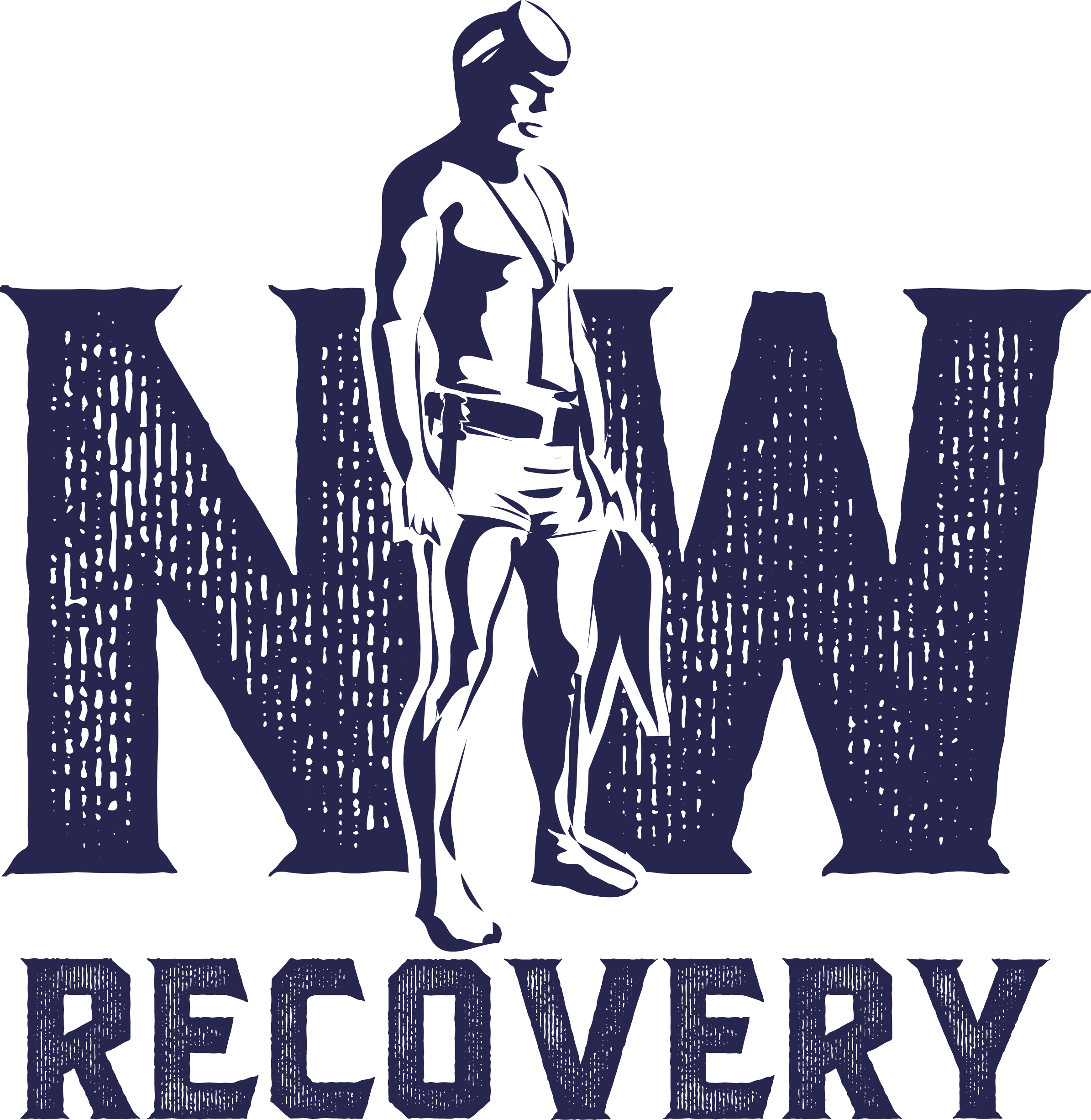As a retired US Navy SEAL, I’ve learned a thing or two about leadership and influencing those above me. One concept I developed over the years is what I call “leading up.” It’s about effectively guiding leaders to make decisions that benefit both the organization and the individuals within it. Let me break it down for you.
Picture this: a leader who doesn’t take ownership, blames others for their shortcomings, and makes decisions without considering the team’s input. Unfortunately, this scenario isn’t uncommon. Many leaders operate in a vacuum, detached from the realities of their organization.
But what if you’re not at the top of the hierarchy? What if you’re in the middle, with influence but not ultimate authority? That’s where leading up comes in. It’s about leveraging your knowledge of the organization and your relationship with leadership to shape policies and decisions in a way that serves everyone’s best interests.
One crucial aspect of leading up is framing your suggestions effectively. Instead of directly challenging the leader’s authority or decisions, present your ideas in a way that makes them feel like it’s their own. For example, if you want to change a policy, highlight how it aligns with the leader’s vision or previous statements. Show them how implementing your suggestion would benefit not only you but also the organization as a whole.
But why should leaders listen to you? It’s simple: because you know the ins and outs of the organization. You understand how policies impact operations, and you have valuable insights that they may lack. By positioning your suggestions as solutions to challenges they might not even be aware of, you become an invaluable asset to them.
I’ve seen this approach work wonders, both in the military and beyond. One memorable example was during a security detail assignment. My commanding officer framed our task as a challenge to our skills and integrity. By making us feel like the best choice for the job, he instilled a sense of responsibility and trust in us. Similarly, when leading up, you can inspire leaders to make decisions that serve your interests by framing them as the logical choice based on their own goals and values.
Leading up isn’t about undermining authority or seeking personal gain. It’s about collaboration and mutual benefit. Whether you’re in a business setting or a personal relationship, the principles remain the same. By approaching leaders with respect and understanding, and by presenting your ideas in a way that resonates with their priorities, you can influence positive change and contribute to the success of your organization.
So next time you find yourself wanting to sway a decision or change a policy, remember the power of leading up. By framing your suggestions effectively and aligning them with the leader’s goals, you can become a trusted advisor and drive meaningful progress. It’s not about who holds the highest rank; it’s about working together to achieve the best outcomes for everyone involved.






